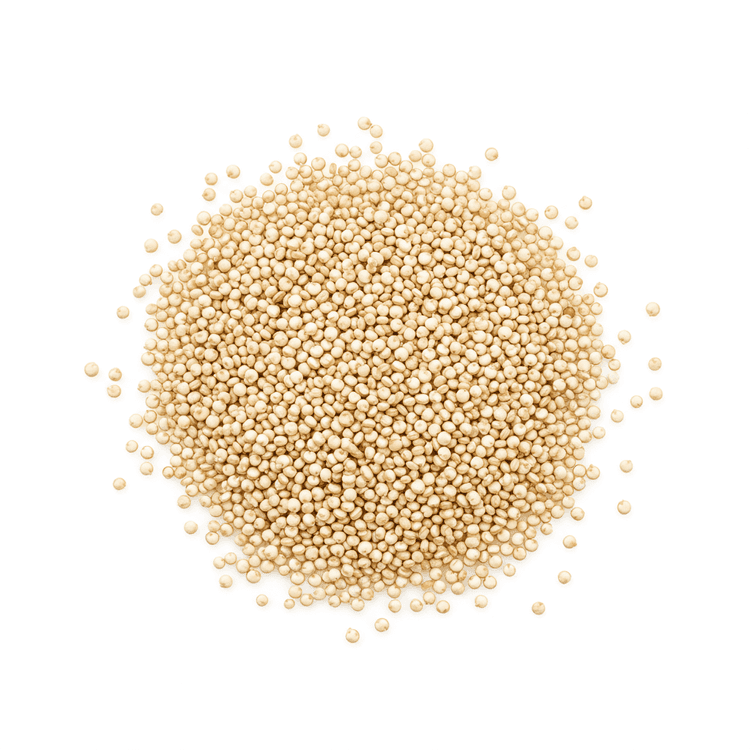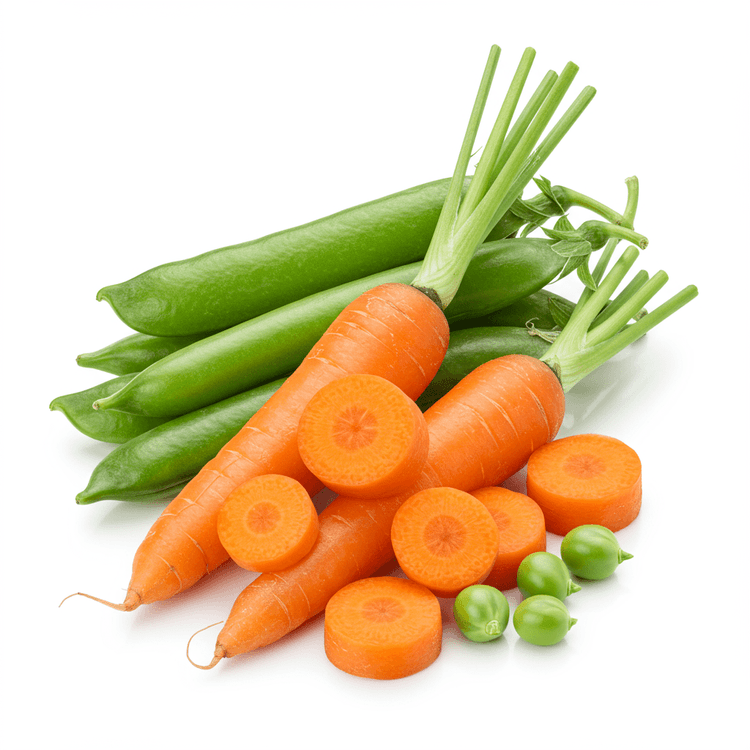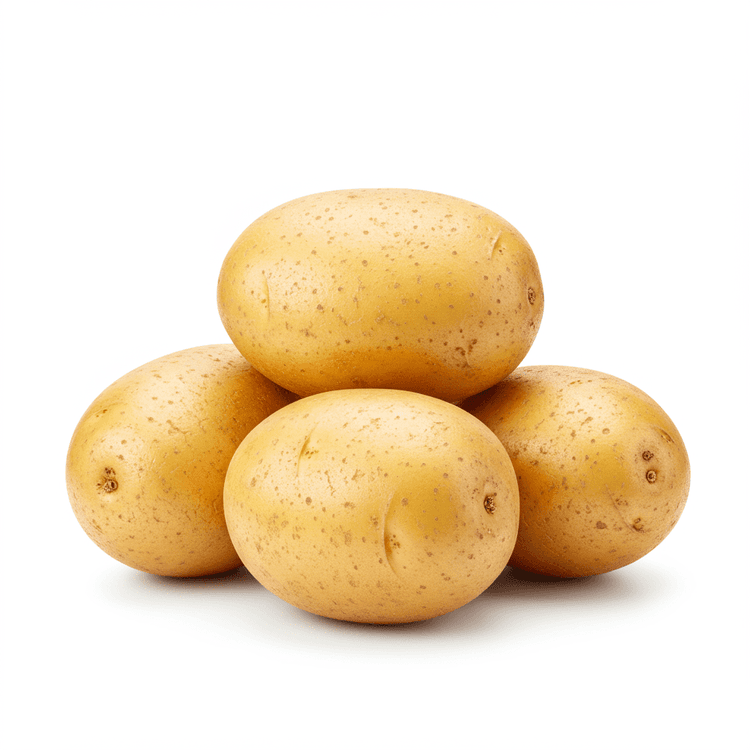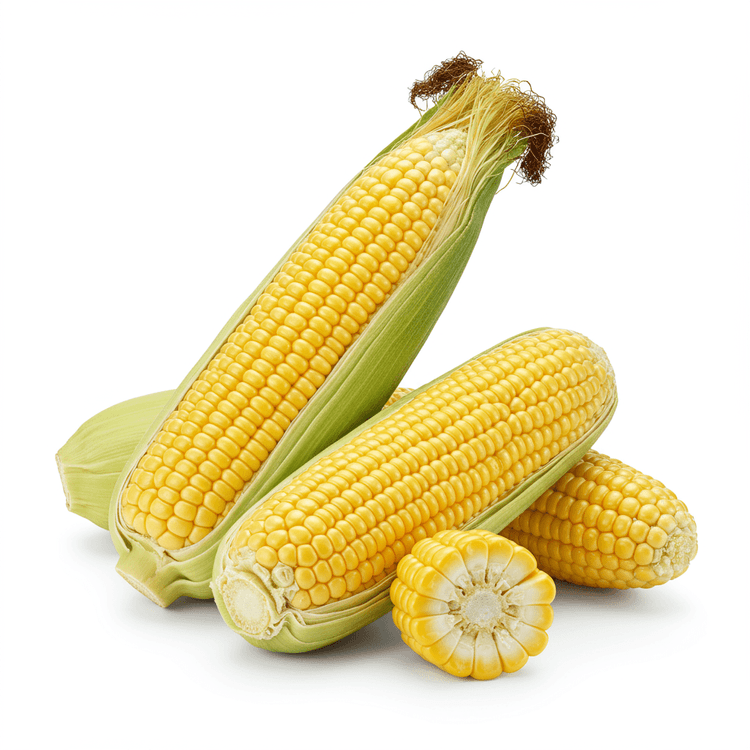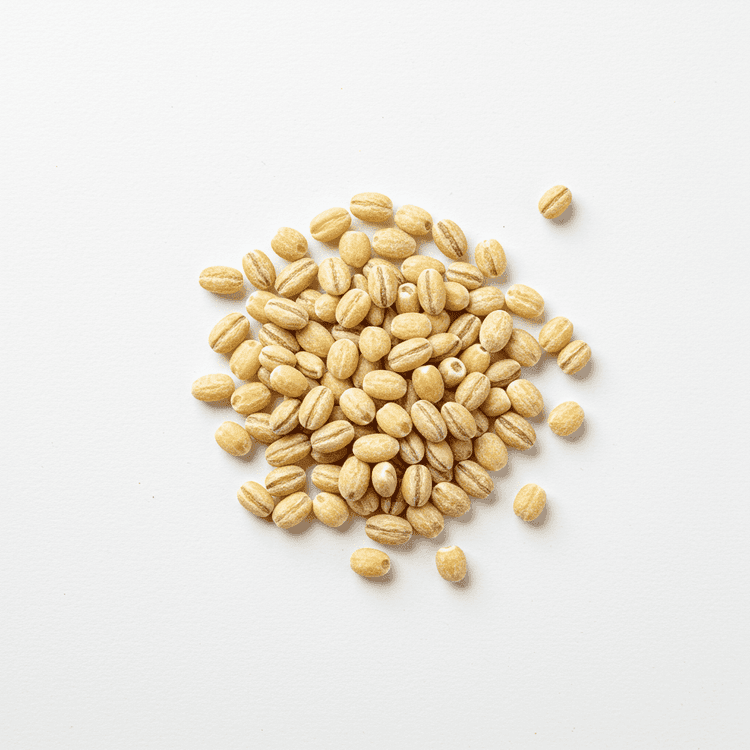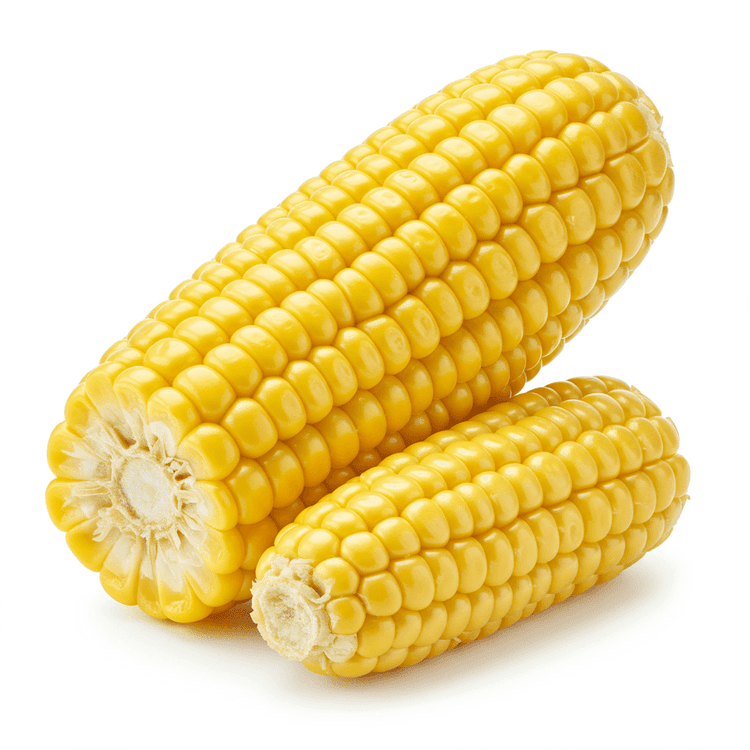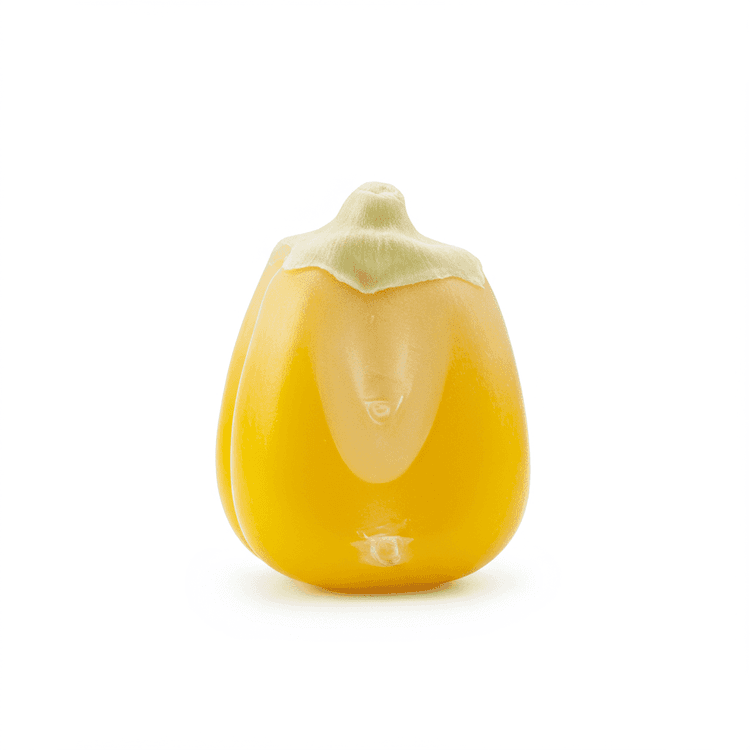
Corn
Corn , also known as maize, is a versatile and widely cultivated grain with a sweet and slightly starchy flavor. Its kernels, typically yellow but also found in white, red, and blue varieties, are tightly packed on a cob enclosed in a leafy husk. Fresh corn is juicy and tender, while dried corn offers a more robust, nutty taste and a chewier texture. It is a staple in many cuisines around the world and an excellent source of fiber and carbohydrates. Enjoy the taste of sweet corn in countless forms.
Common Uses
- As a grilled side dish: Grilling corn on the cob enhances its sweetness and adds a smoky char. Perfect as a simple and flavorful addition to barbecues and summer meals.
- Ground into cornmeal for baking: Cornmeal is used to make cornbread, muffins, and other baked goods, providing a slightly gritty texture and a distinctive corn flavor.
- Processed into cornstarch for thickening: Cornstarch is a refined starch derived from corn, used as a thickening agent in sauces, soups, and desserts to achieve a smooth and glossy consistency.
- As an ingredient in soups and stews: Corn kernels add sweetness, texture, and body to soups, stews, and chowders. They can be added fresh, frozen, or canned.
- Popped into popcorn as a snack: Popcorn is a popular snack made from specific varieties of corn that expand and fluff up when heated, creating a light and airy treat.
- Processed into corn syrup as a sweetener: Corn syrup is a sweetener made from corn starch and is used in many processed foods.
Nutrition (per serving)
Nutrition (per serving)
Calories
86.0kcal (4.3%)
Protein
3.2g (6.44%)
Carbs
18.7g (6.8%)
Sugars
6.3g (12.52%)
Healthy Fat
1.0g
Unhealthy Fat
0.2g
% Daily Value based on a 2000 calorie diet
Nutrition (per serving)
Calories
86.0kcal (4.3%)
Protein
3.2g (6.44%)
Carbs
18.7g (6.8%)
Sugars
6.3g (12.52%)
Healthy Fat
1.0g
Unhealthy Fat
0.2g
% Daily Value based on a 2000 calorie diet
Health Benefits
- Good source of fiber, aiding digestion and promoting gut health.
- Contains antioxidants like lutein and zeaxanthin, beneficial for eye health.
- Provides essential vitamins and minerals, including vitamin C, thiamin, and folate.
- Offers resistant starch, which can help regulate blood sugar levels and improve insulin sensitivity.
- May contribute to heart health due to its fiber content and presence of certain antioxidants.
- Provides sustained energy thanks to its carbohydrate content.
Substitutes
Chefadora AI is here.
Experience smarter, stress-free cooking.
Storage Tips
Fresh corn on the cob is best stored in the refrigerator. Keep the ears in their husks to prevent drying out, and consider placing them in a plastic bag. Use within a few days for the best flavor. Cooked corn kernels can also be refrigerated in an airtight container for up to 3-5 days. For longer storage, corn kernels can be blanched and frozen for several months; ensure the kernels are completely dry before freezing to prevent them from clumping together.
Marnirni-apinthi Building, Lot Fourteen,
North Terrace, Adelaide, South Australia, 5000
Australia

